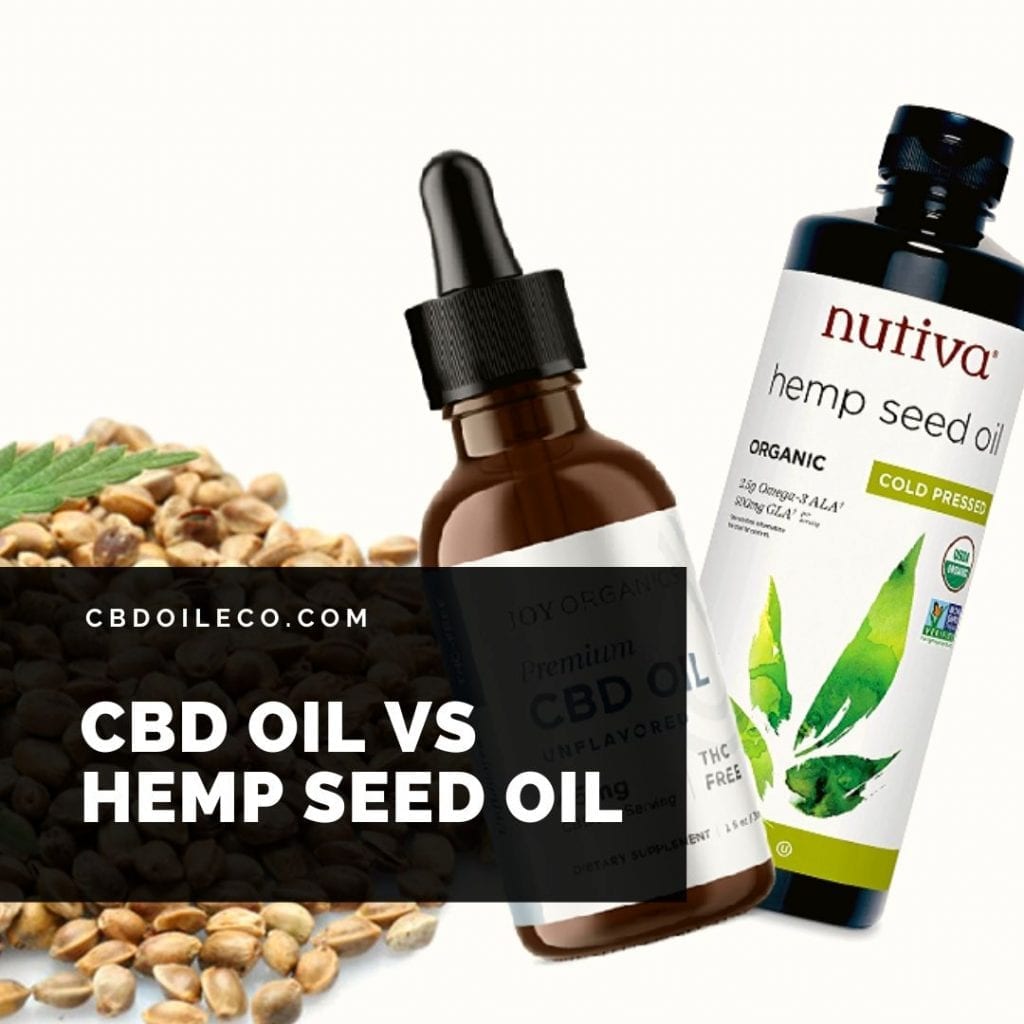Page Contents
Although CBD-infused products have been on the market for quite some time now, there’s still plenty of confusion going around among consumers. That’s especially true for beginners and inexperienced users. Questions about the nature, usage, and effects of CBD are widespread. However, the most common question is about the nature of the products. Namely, people wonder what’s the difference between hemp oil and CBD oil.
Here’s the thing – don’t feel inept because you’re confused. Companies, users, and even articles use these terms interchangeably. Hemp oil and CBD oil aren’t the only terms causing trouble. If you’ve done your research, you’ve probably stumbled upon terms like hemp seed oil and hemp extract as well.
Therefore, it’s only natural to be confused. But, today, we are clearing things up, and giving a summary of all the terms mentioned above. So what is the difference between hemp oil and CBD oil?
Let’s Start At The Top – Hemp Oil
Sometimes companies have the annoying trait to mislabel their products. That can lead to consumers failing to realize what they are buying. Hemp oil is a very broad term. In practical terms, that means that you can find products labeled as hemp oil that may or may not have CBD in them. So how do we tell the difference? Well, first we need to learn to differentiate between hemp seed oil and CBD oil. That’s the main difference between hemp oil and CBD oil.
No Need For CBD? Then Go For Hemp Seed Oil
If you’re looking for medicinal oil, hemp seed oil is not for you. It makes an excellent salad dressing, but it won’t help with pain relief. Just like other cold-pressed oils — olive, grapeseed, or coconut — hemp seed oil has some beneficial properties, but it really can’t serve the same purpose as CBD oil.
So, how do we recognize it? The dead giveaway is the low price and availability. If you see hemp oil on Amazon, for 20 bucks a bottle, you can be sure that it contains no CBD. What’s more, CBD oils are usually sold in small quantities of around 30 milliliters or 1 ounce. Contrary to that, we can find hemp seed oils in large 24-ounce bottles, just like any other oils used in the food industry.
Finally, seeds of marijuana or hemp plants can’t produce CBD, so if you’re looking to avoid it, just look at the label. If it says “cold-pressed hemp seed oil,” then you know it contains no CBD.
The Good Stuff – CBD Oil
Unlike hemp seed oil, CBD oils aren’t extracted from the seeds. In fact, labels have to collect stems, stalk, and, most importantly, aerial parts of the flowers to be able to extract oils with CBD in them.
Furthermore, also unlike the hemp seed oil, this won’t be prominently displayed on the label. You can look all you want, but most companies omit the words CBD oil from their labels — and for a good reason. If a brand states that their product contains CBD, they increase the risk of having to comply with FDA rules and regulations. What’s more, there are also other, bureaucratic reasons for omitting this information. CBD oils are a special class of products and fall under a particular category of credit card processing agreements.
Therefore, it might be hard to figure out the difference between hemp oil and CBD oil, even if you’re holding a product in your hand. But, as mentioned before, just look at the label. Even if it doesn’t state “CBD oil” anywhere, there are other giveaways we previously mentioned.
Another Unknown In The Mix – Hemp Extract
To add to the confusion, the product label can state that the main ingredient is hemp extract. You’re probably wondering what that is. What’s more, the label can also list ingredients known as “carrier oils” — olive oil, MCT or hemp seed oil. This last item is particularly problematic, because, as we already stated, hemp seed oil doesn’t contain any CBD. However, that’s only true when the hemp seed oil is the only ingredient.
Hemp extract contains pure CBD. However, manufacturers add carrier oils to alter the taste and to dilute the CBD concentration. So, hemp extract definitely contains CBD — don’t let the label fool you.
A Few Parting Words On The Difference Between Hemp Oil And CBD Oil
And there you have it — the difference between hemp oil and CBD oil. Armed with this knowledge, you can now purchase products according to your needs.
However, if things are still unclear to you, don’t take a shot in the dark. Call the company to check their ingredients, or check online for third-party lab reports about the products. Finally, you can also buy CBD oils only from verified CBD oil brands that have user feedback as well as all information clearly stated on their websites.

